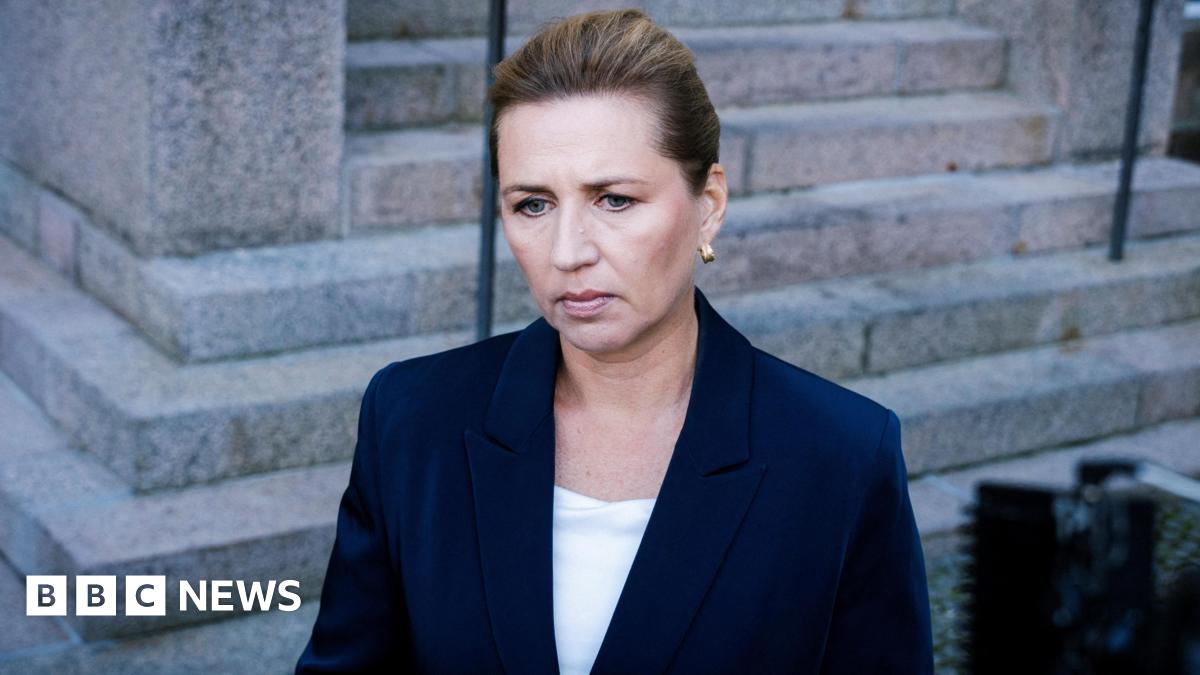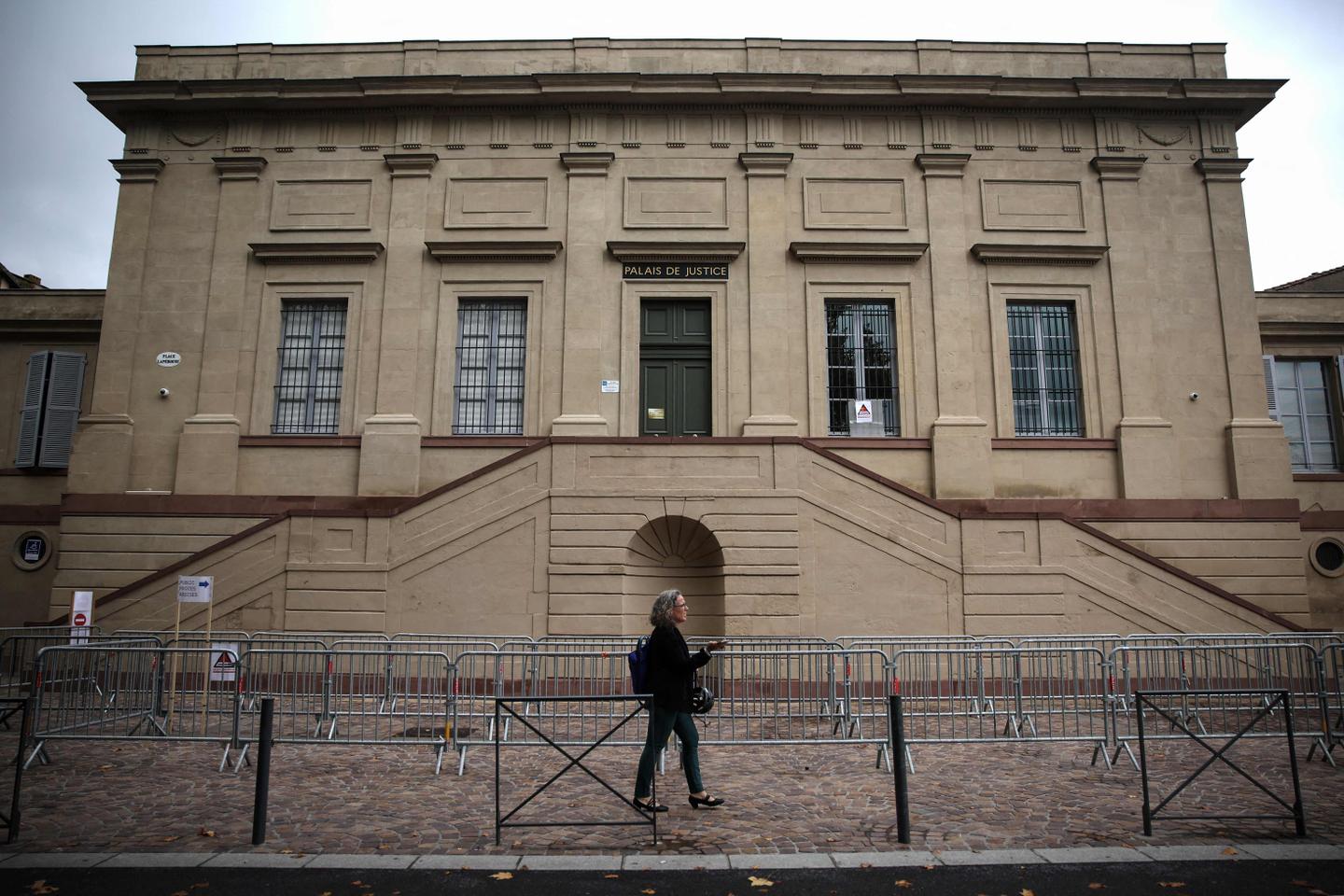Denmark Bans Civilian Drone Flights Ahead of EU Summit
In preparation for a major European Union summit in Copenhagen, Denmark has implemented a ban on all civilian drone flights, effective from Monday, September 29th, through Friday, October 3rd. This decision follows a series of unexplained drone sightings near airports and military facilities, raising significant security concerns. The summit is scheduled for Wednesday and Thursday of this week.
Heightened Security Measures
The Danish Transport Ministry announced the ban, citing the need to "simplify security work" for the police and prevent "foreign drones creating uncertainty and disruption." Transport Minister Thomas Danielsen emphasized the importance of ensuring "extra focus on safety" during the summit. Violators of the ban could face fines or imprisonment of up to two years.
Denmark is not alone in experiencing these incidents. Several other European countries have reported similar drone sightings in recent weeks, leading to airport closures and travel disruptions. These incidents have increased security concerns across the continent, already heightened by recent incursions by Russian aircraft into the airspace of Poland, Estonia, and Romania.
International Support and Collaboration
Several countries are offering assistance to Denmark to bolster its anti-drone capabilities. Sweden will provide "Counter-UAS" (unmanned aircraft systems) technology and has already shipped radar systems. Prime Minister Ulf Kristersson stated that Russia was likely behind the mysterious drone flights. France is contributing a Fennec helicopter and a team of 35 personnel specialized in anti-drone work.
Germany has also offered support, with the arrival of the air defense frigate FSG Hamburg in Copenhagen. The frigate will assist in strengthening airspace surveillance as part of NATO’s Baltic Sentry mission. NATO has "enhanced vigilance" in the Baltic region, deploying intelligence and reconnaissance platforms.
Investigation and Response
Danish authorities are investigating the drone incidents, but have yet to identify those responsible. Prime Minister Mette Frederiksen has stated that Russia cannot be ruled out as a potential actor, although Moscow has denied any involvement. The incidents are being viewed as potential "hybrid attacks" aimed at creating fear and disruption.
In response, defense ministers from approximately 10 EU countries have agreed to prioritize the creation of a "drone wall." The recent drone activity has prompted increased vigilance and security measures across Europe, highlighting the need for enhanced cooperation and coordination in addressing emerging security threats.
 Visit the website
Visit the website






